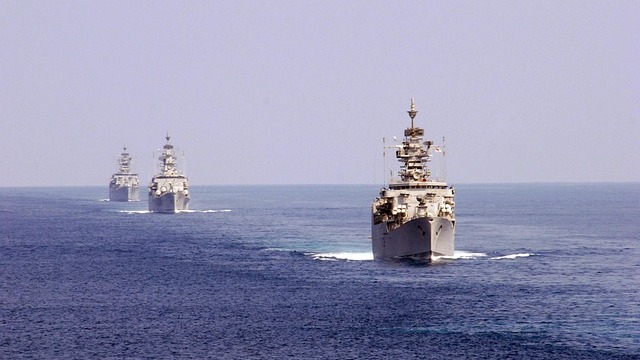
Why Taiwan Needs a Boost in Defense Support
In light of escalating political warfare tactics aimed at Taiwan, retired U.S. naval intelligence chief Mike Studeman has called for a strategic overhaul in how the United States supports the island's defenses. During a recent session of the Congressional-Executive Commission on China, Studeman emphasized that military strength alone isn't sufficient to ward off China’s influence operations, which now seep into Taiwan's political and social structures.
The Importance of Stronger Internal Security
The long-term survival of Taiwan's democracy may depend significantly on its ability to counter internal threats. Studeman highlighted the urgent need for the U.S. to assist Taiwan in upgrading its classified clearance system, developing insider threat technologies, and enhancing cybersecurity cooperation with U.S. agencies such as Cyber Command and CISA. This multifaceted approach is essential as cases of espionage rise and the sophistication of threats increases.
How Military Leadership Shapes Corporate Success
Interestingly, the cooperation between military and civilian sectors offers unique insights into how Taiwan could structure its defenses. Experience from U.S. military operations shows that internal security isn't just about defensive capabilities but also building a culture of vigilance and responsiveness within organizations. Just as businesses thrive by separating their internal threats from external adversaries, Taiwan could benefit from a systematic overhaul that trains not just military personnel, but civilians in security awareness.
Practical Steps for Enhanced Resilience
So what does this mean for Taiwan as well as for U.S. military engagement? First, establishing programs that foster cybersecurity training among civilian leaders can help build a more resilient society. Partnerships with entities like Booz Allen Hamilton could lead to cutting-edge infrastructures that integrate advanced cyber capabilities while promoting agility. Such measures can also act as a fulcrum for innovation.
Emphasizing Shared Responsibilities
Moreover, Studeman's appeal for a bolstered clearance system serves to underscore the shared responsibilities of allies in safeguarding democracy and resilience. The U.S. must recognize that supporting Taiwan is not merely an extension of military alliance but an integral component of global democratic values.
Why This Matters to Military Families
For military families, understanding Taiwan's precarious situation highlights the vital role of global stability and the interconnectedness of military and civilian life. As families transition from active duty to civilian careers, they should stay aware of geopolitical landscapes since these factors often influence job markets and community safety. Tools and initiatives such as AristaHire strengthen these connections, offering veterans the resources they need to navigate these transitions.
In conclusion, as the stakes rise for Taiwan, so does the need for a cohesive approach from both the U.S. and its allies. By upgrading internal defenses and fostering a culture of security awareness, Taiwan not only fortifies its democracy but also sets a precedent for how nations can collaboratively tackle modern security challenges.
 Add Row
Add Row  Add
Add 




Write A Comment